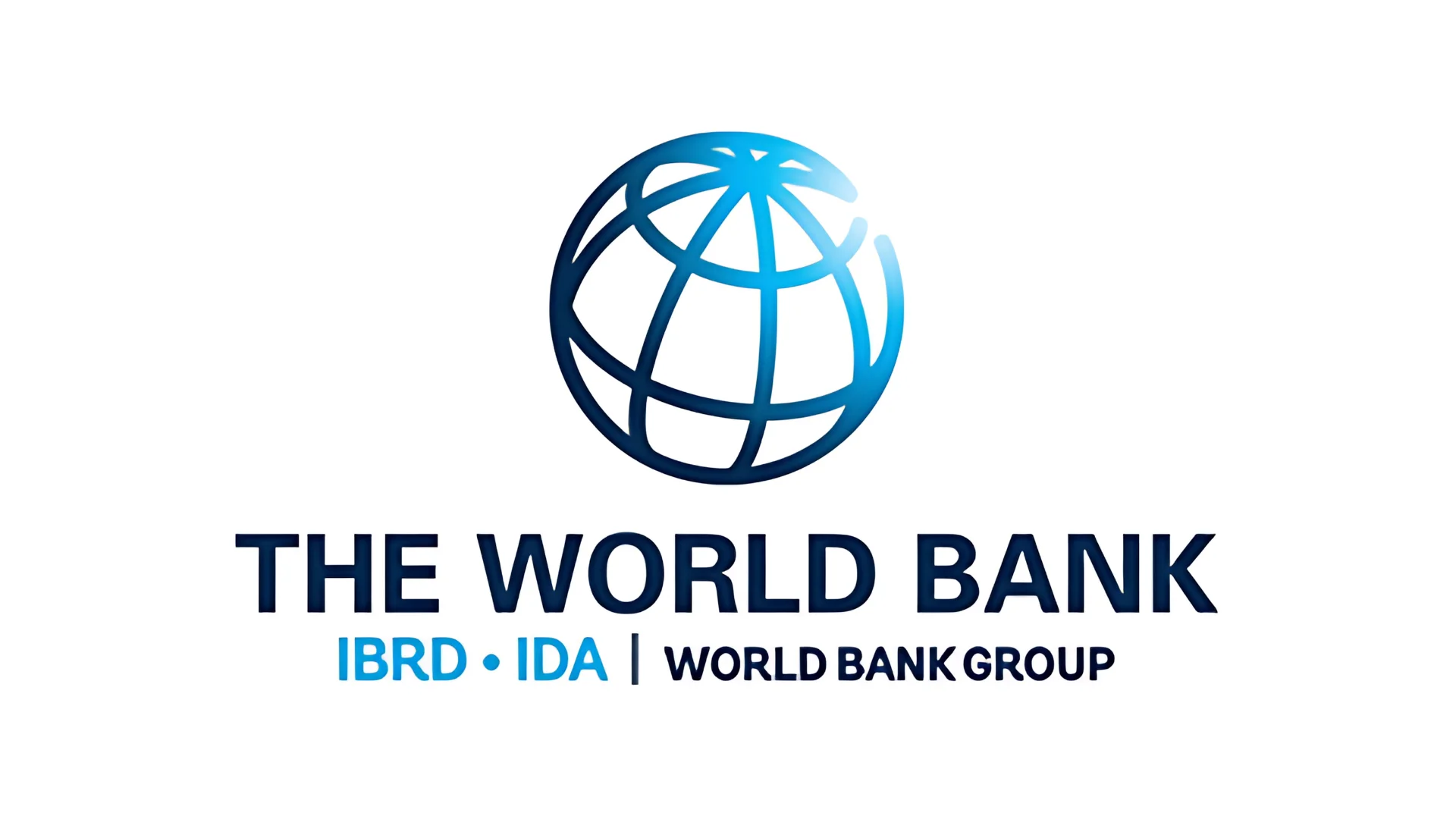Ports are undergoing significant changes driven by shifts in the global economy, advances in technology, and environmental factors. Effective port reform is considered important for economic growth, job creation, and sustainable development, particularly because public and private sectors often collaborate in this field.
For more than 20 years, the Port Reform Toolkit has served as a comprehensive resource for those seeking to implement reforms in the port sector. The initial edition of the Toolkit was released in 2001 and provided a standard framework for policymakers and stakeholders. The second edition came out in 2007, drawing on lessons from early reforms across Latin America, Africa, and Asia during the previous decade. At that time, ports in developing countries had received over $21 billion through more than 200 public-private partnership projects. The Toolkit became a recognized guide for issues such as privatization, labor management, and modernization.
The latest third edition addresses both ongoing concerns and emerging challenges facing ports today. These include macroeconomic changes, evolving shipping industry trends like privatization and financialization, supply chain resilience concerns, climate change impacts, corporate responsibility expectations, and increased digitalization.
According to the release: “As such, the Toolkit enables policymakers and industry professionals to:
Identify trends in the port sector to stay in tune with potential investment needs.
Manage change processes in a structured manner to secure stakeholder buy-in and maintain the social license to operate.
Balance efficiency and equity to reconcile public and private sector interests for economic growth and job creation.
Share risk effectively to facilitate private sector involvement, utilize financial resources prudently, and manage fiscal space responsibly.
Promote sustainable development to reduce the potentially negative impact of port infrastructure and operations developments on the natural and built environment in and around port limits.”
The new edition consists of ten modules:
- Module 1 covers global trends shaping ports.
- Module 2 focuses on structured change management using a five-step cycle: assessment, planning, implementation, performance measurement, and feedback.
- Module 3 reviews governance models for port authorities across different countries.
- Module 4 discusses models of private sector participation including outsourcing, terminal concessions, or full privatization.
- Module 5 addresses how to design effective economic regulation for fair pricing while encouraging competition.
- Module 6 looks at risk management strategies and financing options for sustainable projects involving public-private partnerships.
- Module 7 deals with social aspects such as labor relations and workforce development during reform periods.
- Module 8 explores integrating environmental sustainability into port operations.
- Module 9 offers guidance on digital transformation initiatives—including cybersecurity—for smart port development.
- Module 10 examines the relationship between ports and their surrounding cities with an emphasis on community engagement.
This updated resource aims to help policymakers adapt to current realities while preparing ports for future demands.

